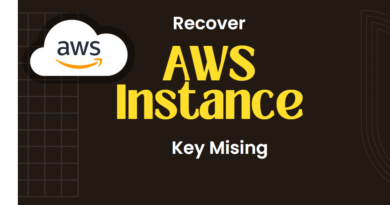Ubuntu vs Debian – A Comprehensive Comparison of Two Popular Linux Distributions
Debian and Ubuntu are both popular Linux distributions that are based on the same package management system (APT) and share many similarities, but there are some key differences between them.
Debian is a community-driven Linux distribution that is known for its stability, reliability, and security. It is widely used in servers and has a reputation for being a solid and stable choice. Debian also has a vast repository of software packages that are rigorously tested and updated.
Ubuntu, on the other hand, is a Debian-based Linux distribution that is backed by a commercial company, Canonical Ltd. Ubuntu is designed to be user-friendly and easy to install, and it has a strong focus on usability and accessibility. It also has a large repository of software packages, including a lot of bleeding-edge software.
Here are some specific differences between Debian and Ubuntu:
1. Release Cycle: Debian has a more conservative release cycle, with new stable releases coming out every 2-3 years, while Ubuntu has a more frequent release cycle with new versions released every 6 months.
2. Default Packages: Debian comes with fewer pre-installed packages than Ubuntu, which has a more extensive default set of packages.
3. User-Friendliness: While both distributions are user-friendly, Ubuntu is generally considered to be more user-friendly, with a more polished and consistent user interface.
4. Community Support: Both Debian and Ubuntu have large and active communities, but Ubuntu has a more commercial backing and may have more resources available for support.
5. Package Management: Both distributions use the same package management system (APT), but Ubuntu has its own software center with a graphical user interface, while Debian relies mainly on the command line interface.
Ultimately, the choice between Debian and Ubuntu depends on individual needs and preferences. Debian may be a better choice for those who prioritize stability and security, while Ubuntu may be a better choice for those who prioritize user-friendliness and the latest software packages.




